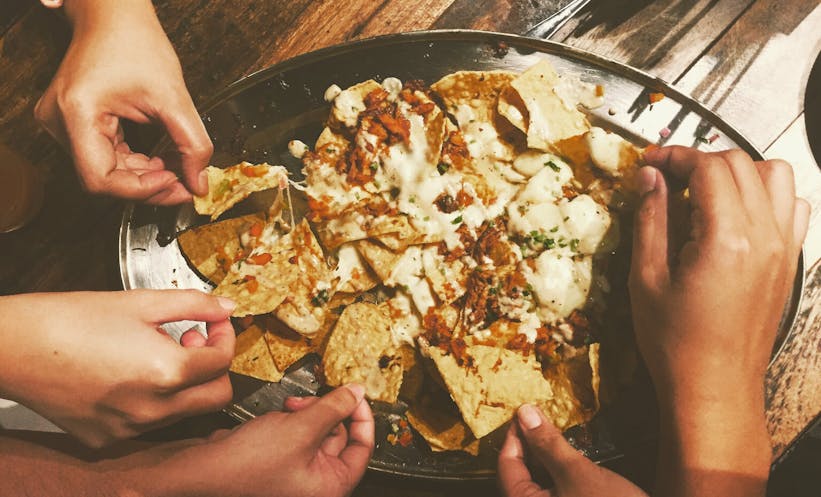NEW research has warned against consuming the majority of daily calories later in the evening. Researchers from the Universitat Oberta de Catalunya, Spain and Columbia University, New York, USA, have linked late eating to poorer glucose tolerance, particularly in older adults with prediabetes or early Type 2 diabetes (T2D).
The study found that consuming over 45% of daily calorie intake after 5pm could contribute to a higher risk of T2D, cardiovascular disease, and chronic inflammation. This challenges the traditional belief that the primary consequence of late eating is weight gain due to a slowing metabolism during sleep.
Instead, the findings suggest that the timing of calorie consumption has significant effects on glucose metabolism, irrespective of overall weight or caloric intake.
The study involved 26 participants aged 50–75 with prediabetes or T2D, divided into two groups: “early eaters,” who consumed most calories before 5pm, and “late eaters,” who consumed 45% or more calories after 5pm. Both groups followed a similar caloric and macronutrient intake.
However, late eaters consumed nearly twice as many calories in the evening, with a diet higher in fat, carbohydrates, protein, and sugar. Glucose tolerance tests revealed that late eaters had significantly higher blood glucose levels after 30 and 60 minutes, indicating impaired glucose metabolism.
The team behind the study explained that late-night eating often leads to excess energy being stored as fat due to reduced physical activity at night. “If you eat and then sleep, your body stores unused energy as fat,” he said, advocating for earlier meals.
They additionally noted that the body’s insulin resistance increases at night due to circadian rhythms. Reduced pancreatic activity at night can worsen glucose regulation, particularly in night-shift workers.
The findings reinforce the health benefits of consuming the majority of daily calories earlier in the day to support better metabolic health and reduce the risk of chronic diseases.
Victoria Antoniou, EMJ
Reference
Diaz-Rizzolo DA et al. Late eating is associated with poor glucose tolerance, independent of body weight, fat mass, energy intake and diet composition in prediabetes or early onset type 2 diabetes. Nutr Diabetes. 2024;14(1):90.








